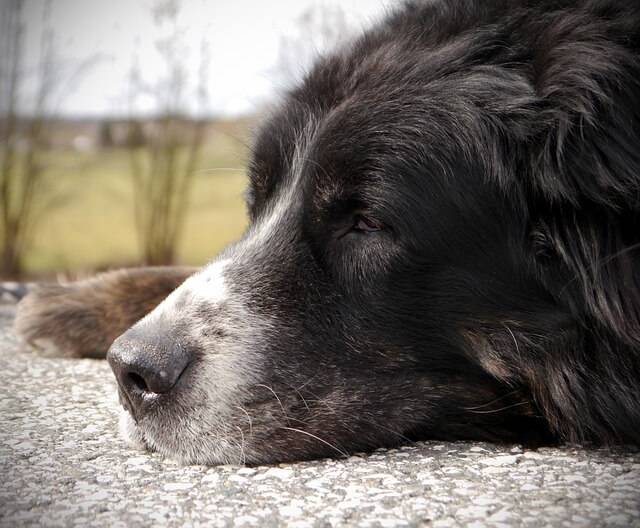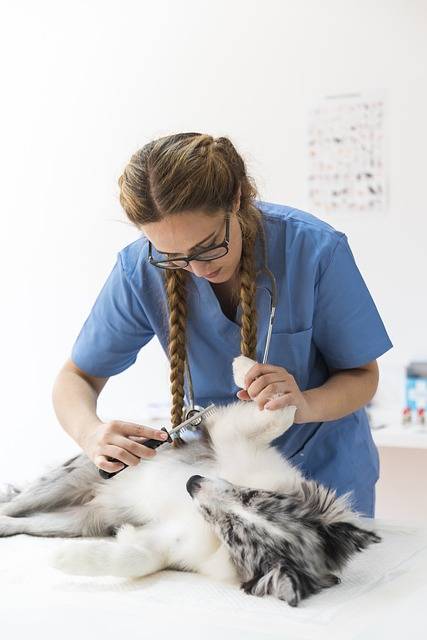Introduction to Senior Dog Nutrition
As our beloved pet friends become older, their nutritional requirements change, making it essential to feed them the best dog food for senior dogs available. Senior dogs, like older people, need a balanced, specialized diet to support their changing bodies and preserve their general health and well-being. In this post, we will examine the numerous elements to take into account when selecting the best dog food for senior dogs, as well as the insider tips for doing so.
Understanding the Nutritional Needs of Senior Dogs
Senior dogs have unique nutritional requirements that differ from those of younger dogs. As they age, their metabolism slows down and they become more prone to certain health conditions such as arthritis, obesity, and dental issues. To address these changing needs, it is essential to choose a dog food that is specifically formulated for senior dogs. These specialized formulas typically contain lower calories, higher fiber content, and added supplements to support joint health, cognitive function, and immune system. By selecting the right dog food, you can help your aging pooch stay healthy and vibrant.
Signs That Your Dog is Entering Their Senior Years
It’s important to be aware of the signs that indicate your dog is transitioning into their senior years. While the exact age at which a dog is considered senior can vary based on breed and size, there are some common indicators to look out for. These may include a decrease in energy levels, changes in appetite, weight gain or loss, dental issues, stiffness or difficulty in mobility, and changes in coat quality. If you notice any of these signs, it is advisable to consult with your veterinarian to determine the best course of action and ensure that your dog receives the appropriate nutrition.
Benefits of Feeding Senior-Specific Dog Food
Feeding your senior dog a diet specifically designed for their age group offers numerous benefits. One of the primary advantages is that senior dog food is formulated to support their overall health and address age-related issues. These formulas often contain higher levels of antioxidants, vitamins, and minerals to boost their immune system and promote healthy aging. Additionally, many senior-specific dog foods contain ingredients such as glucosamine and chondroitin to support joint health and reduce the risk of arthritis. By providing your aging pooch with the right nutrition, you can enhance their quality of life and ensure they continue to thrive.
Factors to Consider When Choosing the Best Dog Food for Senior Dogs
When selecting the best dog food for your senior companion, there are several factors to take into consideration. Firstly, it is important to choose a formula that is appropriate for your dog’s specific breed, size, and any existing health conditions they may have. Different breeds and sizes have varying nutritional needs, so it’s crucial to choose a dog food that caters to their requirements. Additionally, it is wise to opt for a dog food that contains high-quality, easily digestible proteins, as well as healthy fats and carbohydrates. Avoiding artificial additives, preservatives, and fillers is also recommended. Lastly, considering your budget and consulting with your veterinarian can help you make an informed decision and find the best dog food for your senior dog.
How to Transition Your Older Dog to a New Diet
When introducing a new dog food to your senior pooch, it is essential to do so gradually to avoid any digestive upset. Start by mixing a small amount of the new food with their current food, gradually increasing the proportion of the new food over a period of 7-10 days. This gradual transition allows your dog’s digestive system to adjust to the new diet without causing any discomfort. Keep a close eye on your dog during this transition period and monitor their stools and overall well-being. If you notice any adverse reactions, it is advisable to consult with your veterinarian for further guidance.
Feeding Guidelines for Senior Dogs – Senior Dog Feeding Chart
To ensure that your senior dog receives the appropriate amount of food, it is helpful to refer to a senior dog feeding chart. These charts typically provide guidelines based on your dog’s weight and activity level. It’s important to remember that these guidelines are just a starting point and may need to be adjusted based on your dog’s individual needs. Monitoring your dog’s weight, body condition, and energy levels can help you determine if you need to make any adjustments to their feeding routine. Regularly consulting with your veterinarian is also advisable to ensure that your senior dog’s dietary needs are being met.
Addressing Common Feeding Challenges for Older Dogs
As dogs age, they may face certain feeding challenges that can impact their appetite and overall food intake. It is not uncommon for older dogs to experience a decrease in appetite, dental issues, or difficulty chewing. To address these challenges, there are several strategies you can implement. Firstly, consider feeding your senior dog smaller, more frequent meals throughout the day to stimulate their appetite. Softening their food with warm water or choosing wet dog food can make it easier for them to chew and digest. Additionally, providing a quiet and comfortable feeding environment can help reduce any anxiety or stress that may be affecting their appetite.
Tips for Encouraging a Senior Dog to Eat
If your senior dog is a picky eater or is showing a decreased interest in food, there are several tips you can try to encourage them to eat. Firstly, consider warming their food slightly to enhance the aroma and make it more enticing. Adding small amounts of low-sodium broth or gravy to their food can also enhance the flavor and make it more appealing. Experimenting with different textures and flavors, such as adding small amounts of cooked chicken or vegetables to their food, can also help stimulate their appetite. Lastly, providing regular exercise and mental stimulation can help improve their overall appetite and well-being.
Additional Considerations for Senior Dog Nutrition – Supplements and Treats
In addition to choosing the best dog food for your senior companion, there are other nutritional considerations to keep in mind. Certain supplements can be beneficial for senior dogs, such as omega-3 fatty acids for joint health and cognitive function, and glucosamine and chondroitin for joint support. However, it is important to consult with your veterinarian before introducing any supplements to ensure they are appropriate for your dog’s specific needs. When it comes to treats, moderation is key. Take proactive steps for your senior dog’s health by choosing treats designed specifically for their needs. Opt for treats that are specially formulated to meet the nutritional requirements of senior dogs. Steer clear of options that are high in calories or contain excessive fillers and artificial ingredients. Prioritize your furry friend’s well-being by making informed treat choices that contribute to their vitality and longevity.
Homemade Dog Food Options for Senior Dogs
If you’re dedicated to crafting homemade meals for your senior dogs, ensuring nutritional balance is key. Make sure the diet fulfills all their dietary requirements. For a foolproof approach, seek guidance from a veterinary nutritionist. Collaborate to develop a personalized homemade meal plan that caters precisely to your senior dog’s distinct needs. Your furry companion’s health is worth the extra effort – take action now for their well-being. Homemade meals should include a variety of lean proteins, healthy fats, and carbohydrates, as well as a mix of fruits and vegetables. It is crucial to avoid ingredients that are toxic to dogs, such as onions, garlic, and certain spices. By following a well-planned homemade meal plan, you can provide your senior dog with a nutritious and delicious diet.
Consulting with a Veterinarian for Personalized Senior Dog Nutrition Advice
Every senior dog is unique, and their nutritional needs may vary based on factors such as breed, size, health conditions, and individual preferences. Therefore, it is advisable to consult with your veterinarian for personalized senior dog nutrition advice. Your veterinarian can assess your dog’s overall health, conduct any necessary tests, and provide tailored recommendations to ensure your senior dog receives the best possible nutrition. Regular check-ups and open communication with your veterinarian are essential for monitoring your senior dog’s health and making any necessary adjustments to their diet.
Conclusion and Final Thoughts on Nourishing Your Aging Pooch
Nourishing your aging pooch with the best dog food for senior dogs is a crucial aspect of their overall health and well-being. Understanding their changing nutritional needs, selecting the right dog food, and addressing any feeding challenges are key to ensuring they remain healthy and vibrant as they age. By following the tips and guidelines provided in this article, you can provide your senior dog with a nutritionally balanced diet that supports their specific needs. Remember to consult with your veterinarian for personalized advice and make adjustments as needed. With proper nutrition and care, your aging pooch can enjoy their golden years to the fullest.
CTA: For personalized advice on choosing the best dog food for your senior companion, schedule a consultation with your veterinarian today. Your furry friend deserves the best possible nutrition!






Leave a Reply